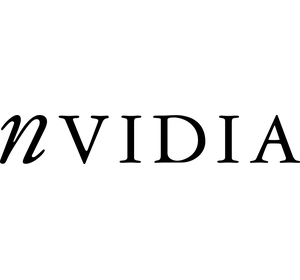$ORCL $AMD $NVDA
#TechStocks #Oracle #AMD #Nvidia #StockMarket #USMarkets #Investing #Semiconductors #AI #CloudComputing #EarningsSeason #Markets
News emerging from Oracle, AMD, and Nvidia has put significant pressure on the U.S. technology sector, with rippling effects across broader equity indices. Oracle shares ($ORCL) saw a notable decline this week following its disappointing earnings report. The company’s revenue underwhelmed market expectations, primarily due to a slowdown in its cloud-computing segment. Analysts have flagged concerns that Oracle’s ambitious push to capture cloud market share may not be yielding sufficient returns to justify its current valuation. The cloud market, which has become a key driver of tech-sector growth, now faces growing challenges as rising interest rates have curtailed tech spending from enterprise customers. While Oracle has been a formidable player, the underperformance suggests the industry could be entering a more stagnant growth phase.
Meanwhile, AMD ($AMD), one of the world’s leading semiconductor firms, has struggled amid concerns about demand for personal computers and weakening momentum in the broader semiconductor industry. Analysts are also debating whether increasing competition in artificial intelligence (AI) processors from Nvidia ($NVDA) could weigh on AMD’s growth trajectory. The recent cyclical downturn in chip demand has already hit AMD and its peers hard, as inventory levels remain high and end-user demand softens. Investors had anticipated a faster rebound in the chip industry, but AMD’s inability to meet those expectations has driven uncertainty about its near-term performance. A broader slowdown in the semiconductor space could create headwinds for related tech stocks, compounding pressures already seen in the market.
Adding to the turmoil, Nvidia ($NVDA), despite being one of the most resilient stocks in the current AI boom, saw its shares slide in tandem with the broader tech stock selloff. Some analysts argue this pullback could be a profit-taking event as Nvidia has had a meteoric rally over the past year, driven by enthusiastic projections for its AI chips. However, skepticism is beginning to creep into the market as some wonder if AI’s adoption cycle will be as lucrative as expected in the short term. Demand for Nvidia’s high-performance GPUs remains strong, but the stock’s premium valuation introduces risks of further volatility should AI-spending estimates by enterprises fail to materialize at the anticipated pace.
This confluence of factors across Oracle, AMD, and Nvidia has cast a shadow on the tech sector, which had been a standout performer so far in 2023. U.S. markets have shown heightened sensitivity to any perceived instability within the technology space, considering the sector’s outsized influence on major indices like the S&P 500 and Nasdaq Composite. With rising treasury yields and concerns about the Federal Reserve’s interest rate policy piling onto tech’s fundamental challenges, the headwinds facing these firms further accentuate the fragility of the broader market recovery. It remains crucial for tech investors to assess whether recent setbacks are temporary hiccups or the start of a broader trend of diminished growth potential.











Comments are closed.